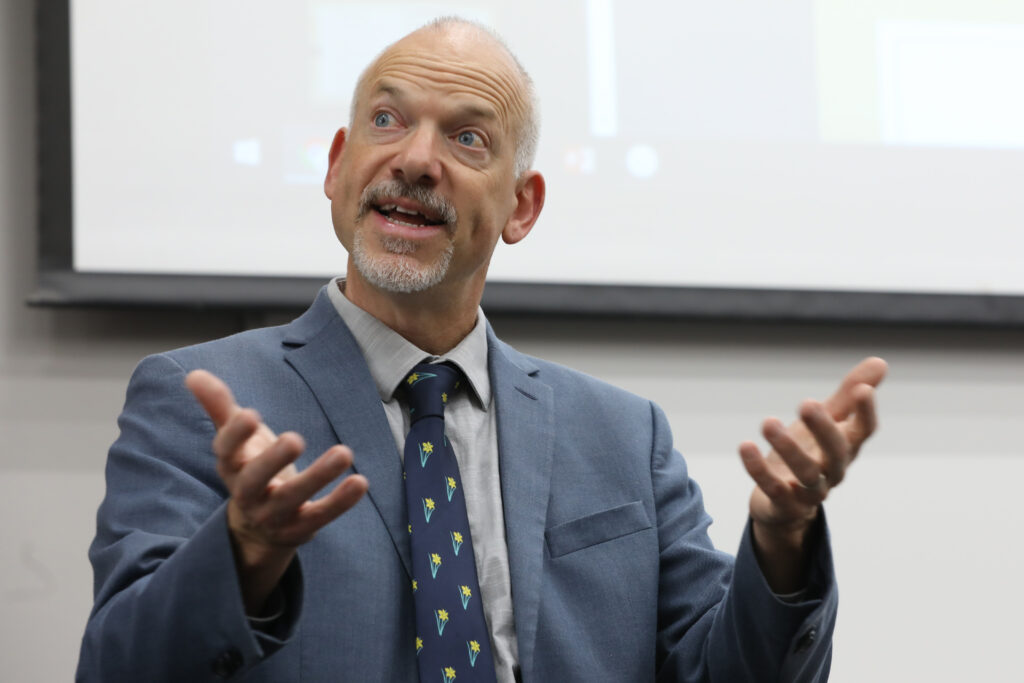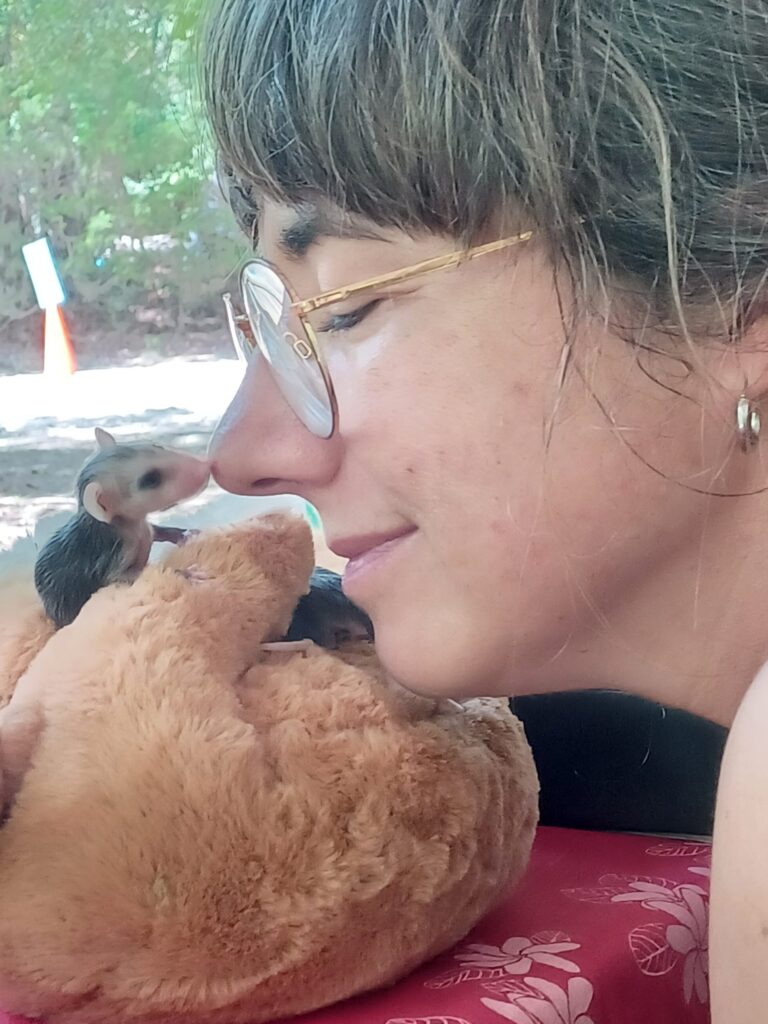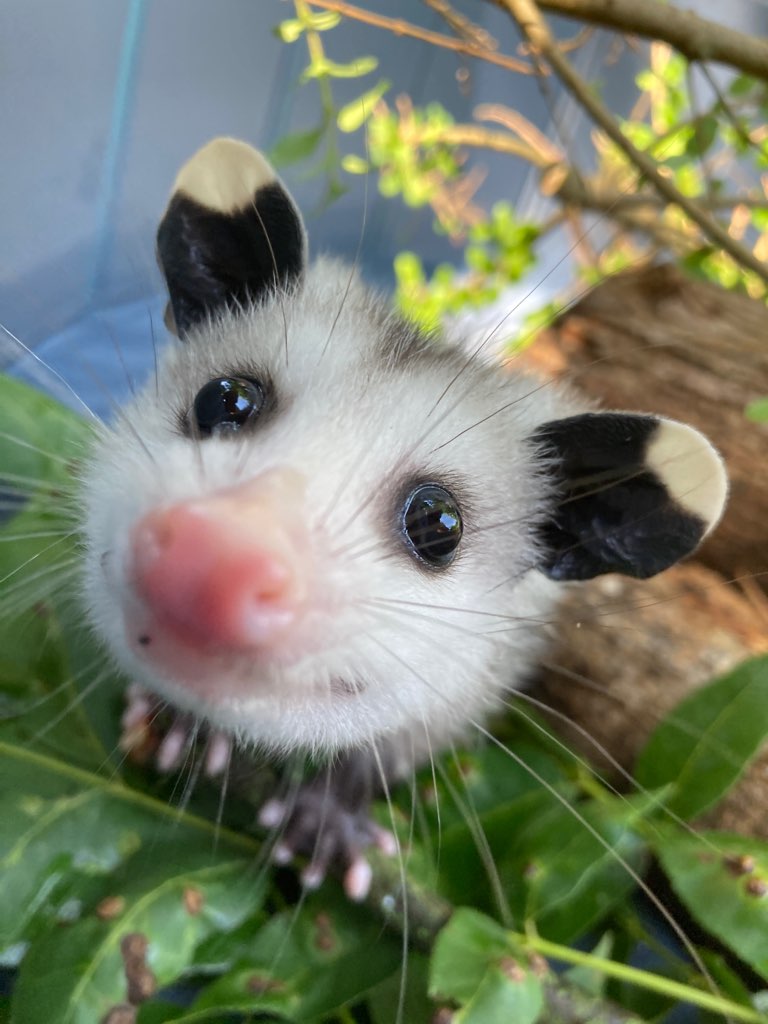Mayor Kelly Girtz addresses Georgia Square Mall Redevelopment
By Vaughan Stout

Multimedia (video, story)
Mayor Kelly Girtz held a news conference at the University of Georgia’s Instructional Plaza Feb. 24 to discuss his plans for a mixed-use restructuring of the 75–acre plot of land that currently houses the Georgia Square Mall. The 43-year-old mall was once a largely beloved shopping center, but it has lost a significant portion of its business to more modern competitors since 2010.
According to a presentation from Girtz and the Georgia Square Mall Redevelopment TAD Funding Application, the project seeks to create more than a mile of trails, a transit station in Western Athens, improved tree canopy and greenery, residential and business buildings, a center green, and around 1,200 affordable housing units. This development seeks to better utilize the space and create a pleasant, efficient and interactive urban environment.
Though the plan intends to create an improved natural and urban environment, the construction required raisees questions about the environmental impact of the process.
Girtz said that there are many climate factors to consider when managing an urban landscape. He then said that more than 1,000 trees will be added, stormwater will be better managed, water and air quality will be more closely monitored, and public transit will be improved and that these will lead to less daily impact on the environment.
The environmental improvements proposed by the mayor would make better use of the 75-acre space. The mayor feels if the Georgia Square Mall is not t repurposed then the site will go to waste, and he does not want his reputation to be “attached to a gravel pit.”
“By creating a more dense urban fabric…what we’ve been able to do is preserve lots of green space and create lots of tree canopy, and of course we know in this time of climate change the better our tree canopy the more that we’re supporting air, water, and the ground beneath our feet,” said Girtz.
Why I Wrote the Story:
This story demonstrates the necessity of press conferences and their ability to relay important information regarding local community processes from officials to the public. The redevelopment of the Georgia Square Mall is quite in important topic in the Athens community in that it requires significant funding and seeks to address several community issues, and Athenians deserve to be informed on how their mayor intends to handle the matter. Luckily, Mayor Girtz plans to manage environmental consequences, benefit the landscape, and benefit the homeless with this plan, lacing it in the direct line of fire of my beat: sustainability.

